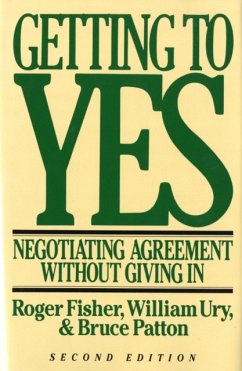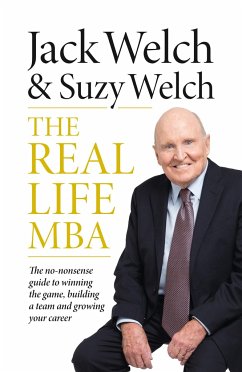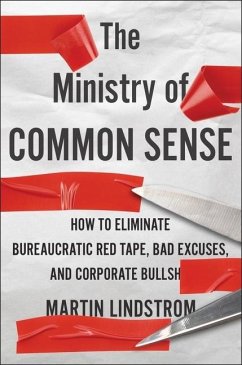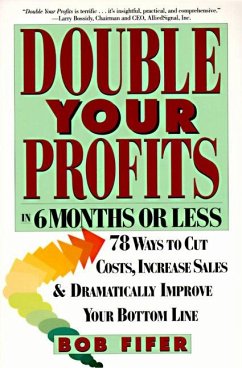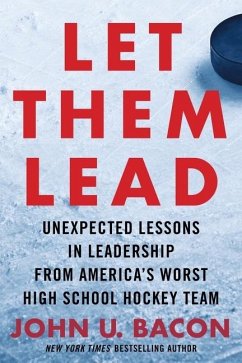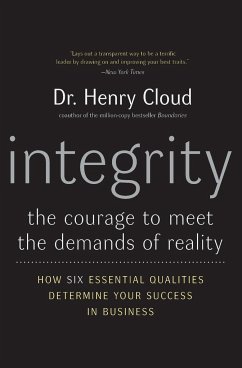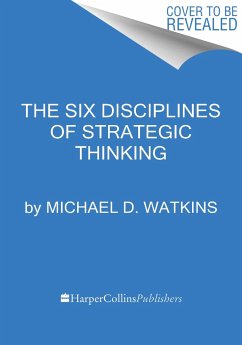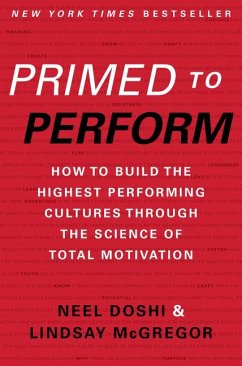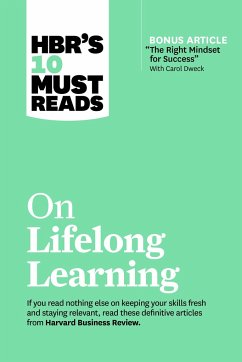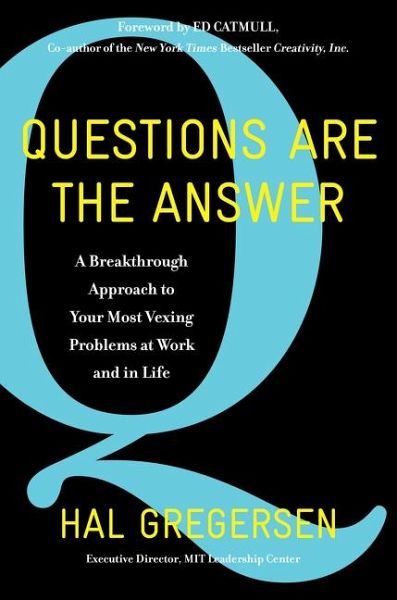
Questions Are the Answer
A Breakthrough Approach to Your Most Vexing Problems at Work and in Life

PAYBACK Punkte
13 °P sammeln!
What if you could unlock a better answer to your most vexing problem-in your workplace, community, or home life-just by changing the question?Talk to creative problem-solvers and they will often tell you, the key to their success is asking a different question.Take Debbie Sterling, the social entrepreneur who created GoldieBlox. The idea came when a friend complained about too few women in engineering and Sterling wondered aloud: "why are all the great building toys made for boys?" Or consider Nobel laureate Richard Thaler, who asked: "would it change economic theory if we stopped pretending p...
What if you could unlock a better answer to your most vexing problem-in your workplace, community, or home life-just by changing the question?
Talk to creative problem-solvers and they will often tell you, the key to their success is asking a different question.
Take Debbie Sterling, the social entrepreneur who created GoldieBlox. The idea came when a friend complained about too few women in engineering and Sterling wondered aloud: "why are all the great building toys made for boys?" Or consider Nobel laureate Richard Thaler, who asked: "would it change economic theory if we stopped pretending people were rational?" Or listen to technologist Elon Musk, who routinely challenges assumptions with questions like: "What are people accepting as an industry standard when there's room for significant improvement?"
Great questions like these have a catalytic quality-that is, they dissolve barriers to creative thinking and channel the pursuit of solutions into new, accelerated pathways. Often, the moment they are voiced, they have the paradoxical effect of being utterly surprising yet instantly obvious.
For innovation and leadership guru Hal Gregersen, the power of questions has always been clear-but it took some years for the follow-on question to hit him: If so much depends on fresh questions, shouldn't we know more about how to arrive at them? That sent him on a research quest ultimately including over two hundred interviews with creative thinkers. Questions Are the Answer delivers the insights Gregersen gained about the conditions that give rise to catalytic questions-and breakthrough insights-and how anyone can create them.
Talk to creative problem-solvers and they will often tell you, the key to their success is asking a different question.
Take Debbie Sterling, the social entrepreneur who created GoldieBlox. The idea came when a friend complained about too few women in engineering and Sterling wondered aloud: "why are all the great building toys made for boys?" Or consider Nobel laureate Richard Thaler, who asked: "would it change economic theory if we stopped pretending people were rational?" Or listen to technologist Elon Musk, who routinely challenges assumptions with questions like: "What are people accepting as an industry standard when there's room for significant improvement?"
Great questions like these have a catalytic quality-that is, they dissolve barriers to creative thinking and channel the pursuit of solutions into new, accelerated pathways. Often, the moment they are voiced, they have the paradoxical effect of being utterly surprising yet instantly obvious.
For innovation and leadership guru Hal Gregersen, the power of questions has always been clear-but it took some years for the follow-on question to hit him: If so much depends on fresh questions, shouldn't we know more about how to arrive at them? That sent him on a research quest ultimately including over two hundred interviews with creative thinkers. Questions Are the Answer delivers the insights Gregersen gained about the conditions that give rise to catalytic questions-and breakthrough insights-and how anyone can create them.




